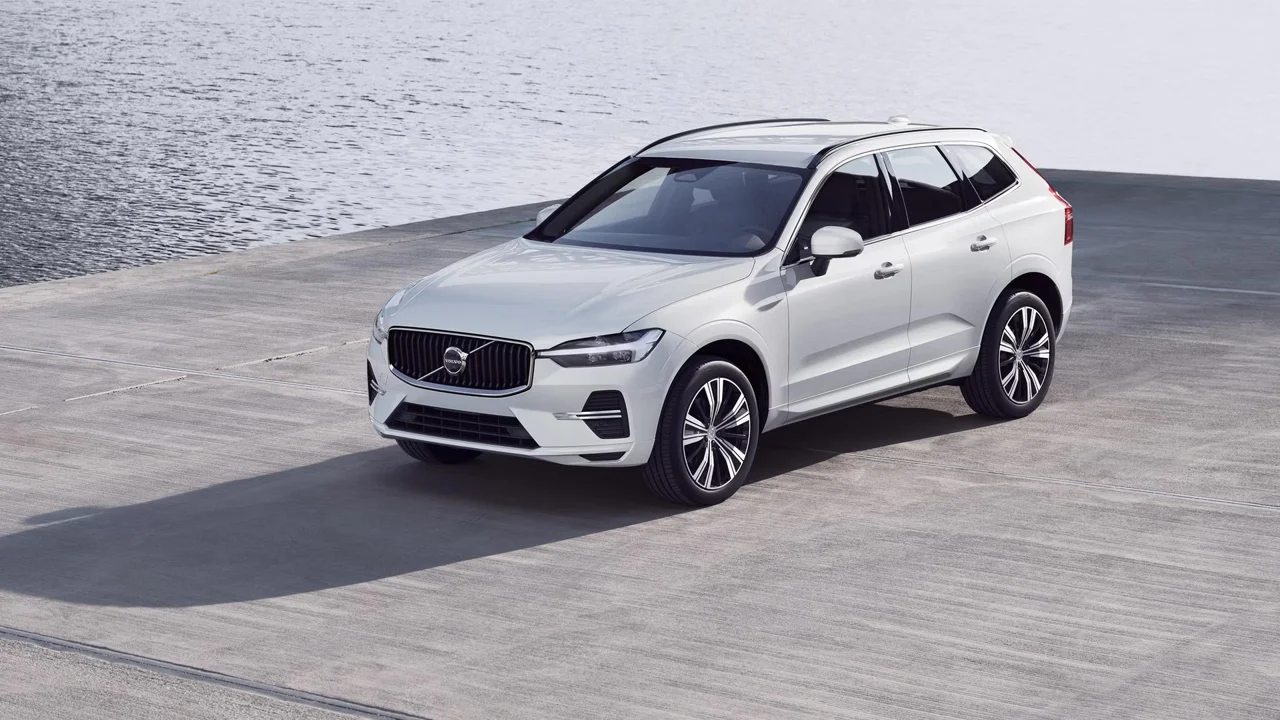What is the mileage of Volvo XC60?
The Volvo XC60 offers different mileage figures depending on the fuel type and transmission. The manual petrol variant delivers up to 0 km/l, while the automatic petrol variant offers up to 0 km/l.


12 - 12 kmpl
Hybrid Mileage
Automatic
12 kmpl
B5 Ultimate
12 kmpl
Hybrid • Automatic
ARAI mileage
Monthly Fuel cost for 40km/day₹NaN
Maintain your Volvo XC60 in top-notch condition by regularly servicing the vehicle.
Be gentle with the accelerator pedal, and avoid sudden acceleration.
Maintain the optimum tyre pressure in your Volvo XC60.
Maintain your Volvo XC60 in top-notch condition by regularly servicing the vehicle.
Be gentle with the accelerator pedal, and avoid sudden acceleration.
The Volvo XC60 offers different mileage figures depending on the fuel type and transmission. The manual petrol variant delivers up to 0 km/l, while the automatic petrol variant offers up to 0 km/l.
The Volvo XC60 delivers excellent fuel efficiency in city conditions. The manual petrol variant achieves up to 0 km/l, while the automatic petrol variant delivers up to 0 km/l under typical city driving conditions.
The Volvo XC60 manual transmission offers up to 0 km/l, while the automatic transmission delivers up to 0 km/l. The difference is minimal, making both options fuel-efficient choices.
The mileage of Volvo XC60 can be affected by various factors including driving conditions, traffic patterns, vehicle maintenance, tire pressure, and driving style. Under optimal conditions, you can achieve up to 0 km/l with manual transmission and 0 km/l with automatic transmission.
Yes, the Volvo XC60 is quite fuel efficient. It delivers up to 0 km/l with manual transmission and 0 km/l with automatic transmission, making it an economical choice for daily commuting.
Discover. Decide. Drive.
Explore at your pace, with expert recommendations if needed. Finalise and book your car at the best price.
Financing the right way
Access the best loan options with hassle-free, paperless financing.
Prepare to drive
Schedule delivery for your special day and track updates effortlessly.Schedule delivery for your special day and track updates effortlessly.